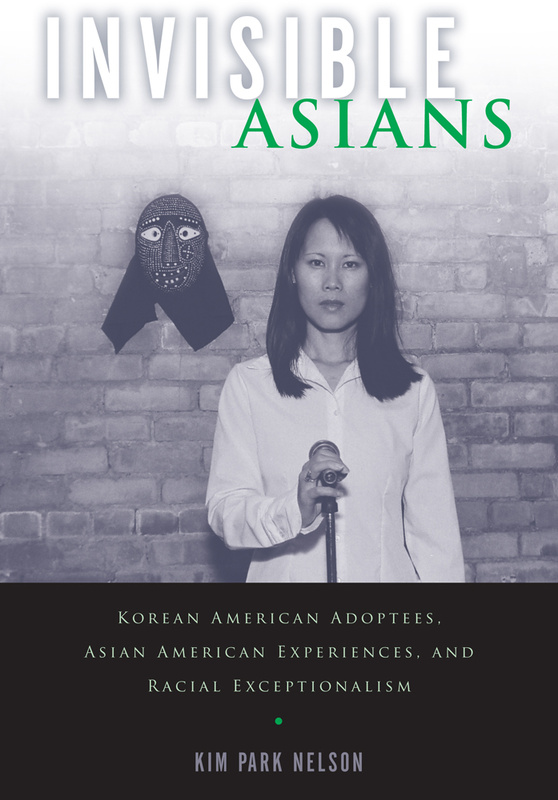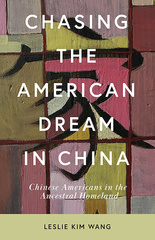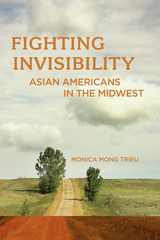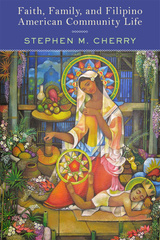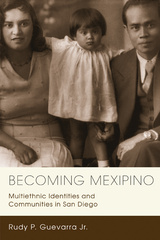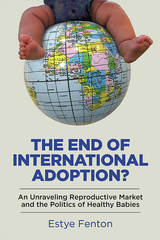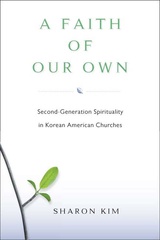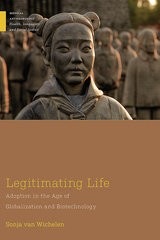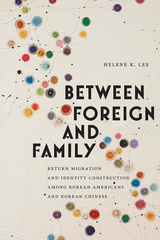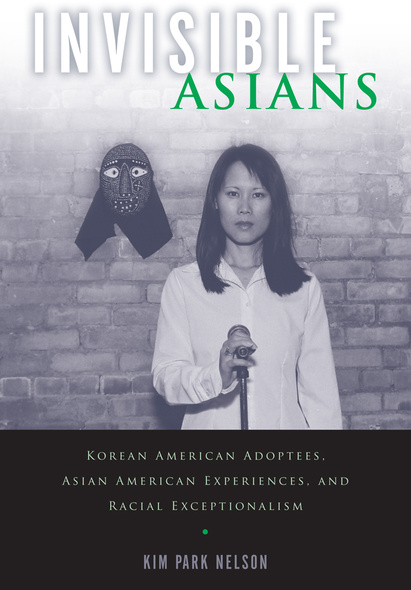
256 pages, 6 x 9
6 photographs, 1 table
Paperback
Release Date:18 Mar 2016
ISBN:9780813570662
Hardcover
Release Date:18 Mar 2016
ISBN:9780813570679
Invisible Asians
Korean American Adoptees, Asian American Experiences, and Racial Exceptionalism
SERIES:
Asian American Studies Today
Rutgers University Press
The first Korean adoptees were powerful symbols of American superiority in the Cold War; as Korean adoption continued, adoptees' visibility as Asians faded as they became a geopolitical success story—all-American children in loving white families. In Invisible Asians, Kim Park Nelson analyzes the processes by which Korean American adoptees’ have been rendered racially invisible, and how that invisibility facilitates their treatment as exceptional subjects within the context of American race relations and in government policies.
Invisible Asians draws on the life stories of more than sixty adult Korean adoptees in three locations: Minnesota, home to the largest concentration of Korean adoptees in the United States; the Pacific Northwest, where many of the first Korean adoptees were raised; and Seoul, home to hundreds of adult adoptees who have returned to South Korea to live and work. Their experiences underpin a critical examination of research and policy making about transnational adoption from the 1950s to the present day.
Park Nelson connects the invisibility of Korean adoptees to the ambiguous racial positioning of Asian Americans in American culture, and explores the implications of invisibility for Korean adoptees as they navigate race, culture, and nationality. Raised in white families, they are ideal racial subjects in support of the trope of “colorblindness” as a “cure for racism” in America, and continue to enjoy the most privileged legal status in terms of immigration and naturalization of any immigrant group, built on regulations created specifically to facilitate the transfer of foreign children to American families.
Invisible Asians offers an engaging account that makes an important contribution to our understanding of race in America, and illuminates issues of power and identity in a globalized world.
In this accessible and original work, Kim Park Nelson explores the complexity of historical and contemporary Korean American adoptee identity and experience.
[Invisible Asians] invites readers to experience the fascinating stories of Koran adoptees and their earnest search for racial and national identity.'
Invisible Asians brilliantly explores how adoptees from Asia have transformed our understandings of race in relation to the Asian (American) diaspora. Park Nelson's fascinating research enables her to take on key questions of representation, economics, and U.S. imperialism.
A timely and insightful critical examination of race, adoption, nationality, and belonging in Asian America....a well-crafted and engaging book that advances scholarship on race and adoption as it relates to Asian America.
In this accessible and original work, Kim Park Nelson explores the complexity of historical and contemporary Korean American adoptee identity and experience.
[Invisible Asians] invites readers to experience the fascinating stories of Koran adoptees and their earnest search for racial and national identity.'
Invisible Asians brilliantly explores how adoptees from Asia have transformed our understandings of race in relation to the Asian (American) diaspora. Park Nelson's fascinating research enables her to take on key questions of representation, economics, and U.S. imperialism.
A timely and insightful critical examination of race, adoption, nationality, and belonging in Asian America....a well-crafted and engaging book that advances scholarship on race and adoption as it relates to Asian America.
KIM PARK NELSON is an associate professor in the American Multicultural Studies program at Minnesota State University at Moorhead.
Acknowledgments
Note on Text
Introduction: A History of Korean American Adoption in Print
1 A Korean American Adoption Ethnography: Method, Theory, and Experience
2 “Eligible Alien Orphan”: The Cold War Korean Adoptee
3 Adoption Research Discourse and the Rise of Transnational Adoption, 1974–1987
4 An Adoptee for Every Lake: Multiculturalism, Minnesota, and the Korean Transracial Adoptee
5 Adoptees as White Koreans: Identity, Racial Visibility, and the Politics of Passing among Korean American Adoptees
6 Uri Nara, Our Country: Korean American Adoptees in the Global Age
Conclusion: The Ends of Korean Adoption
Notes
Bibliography
Index

